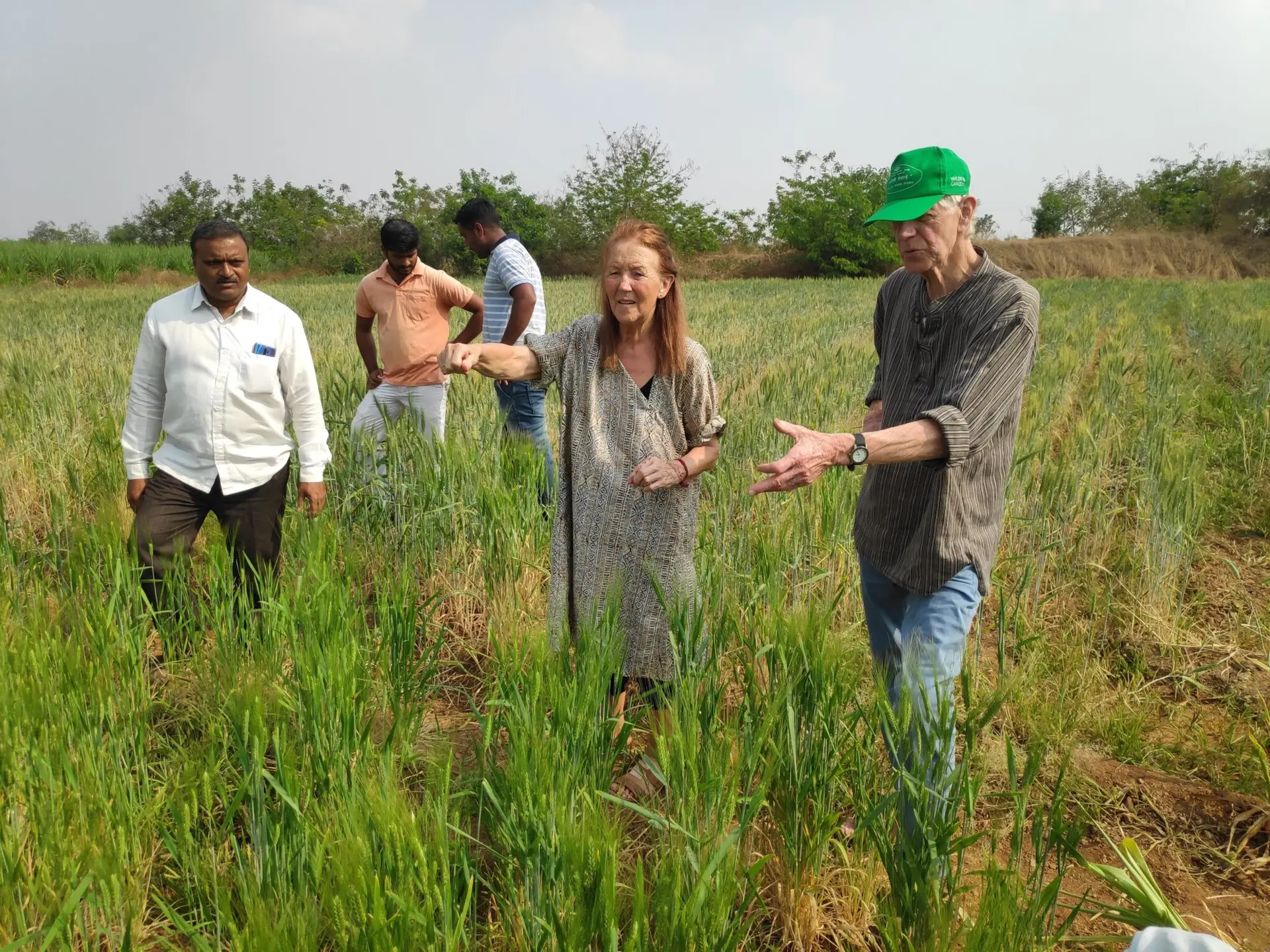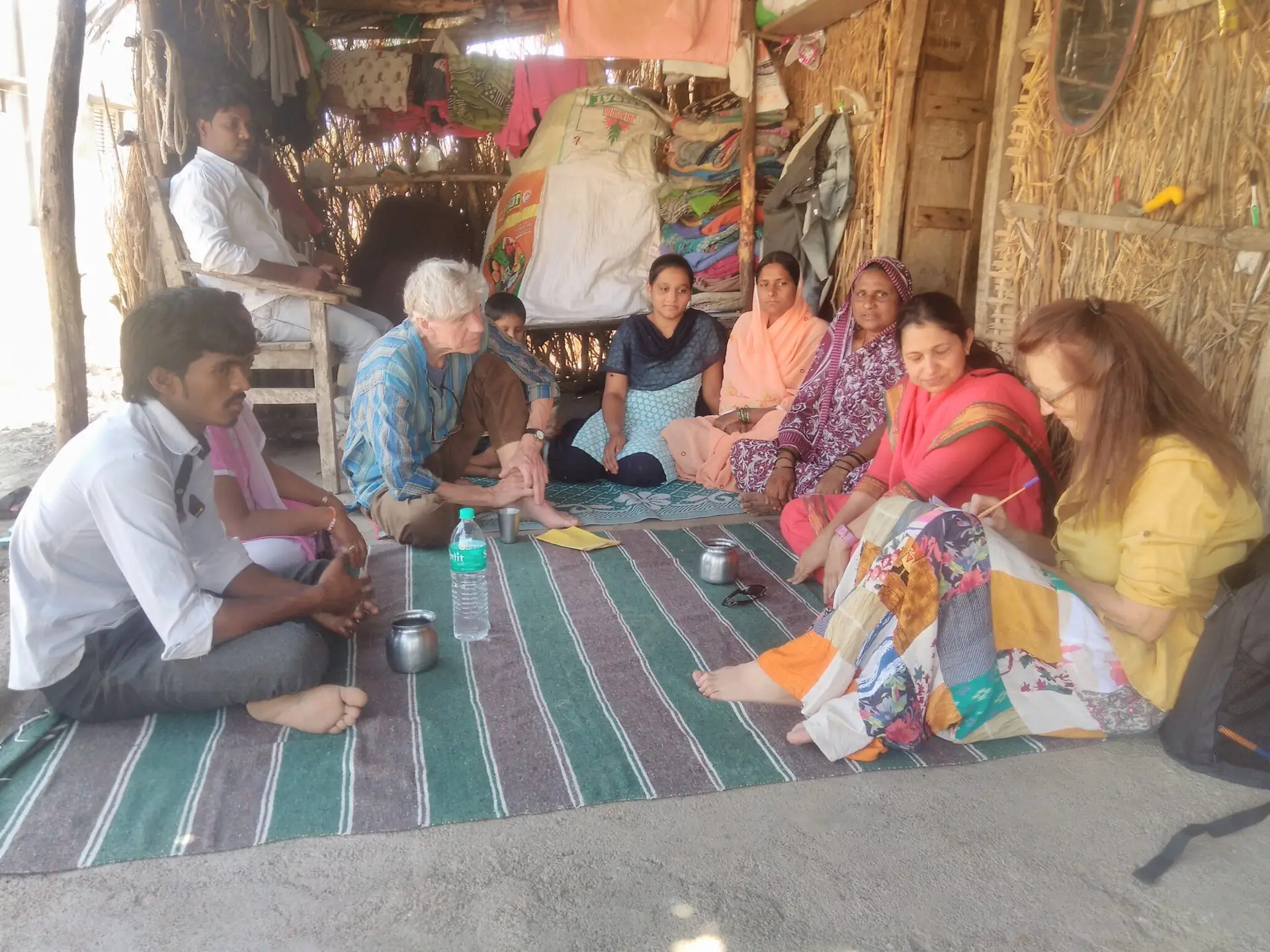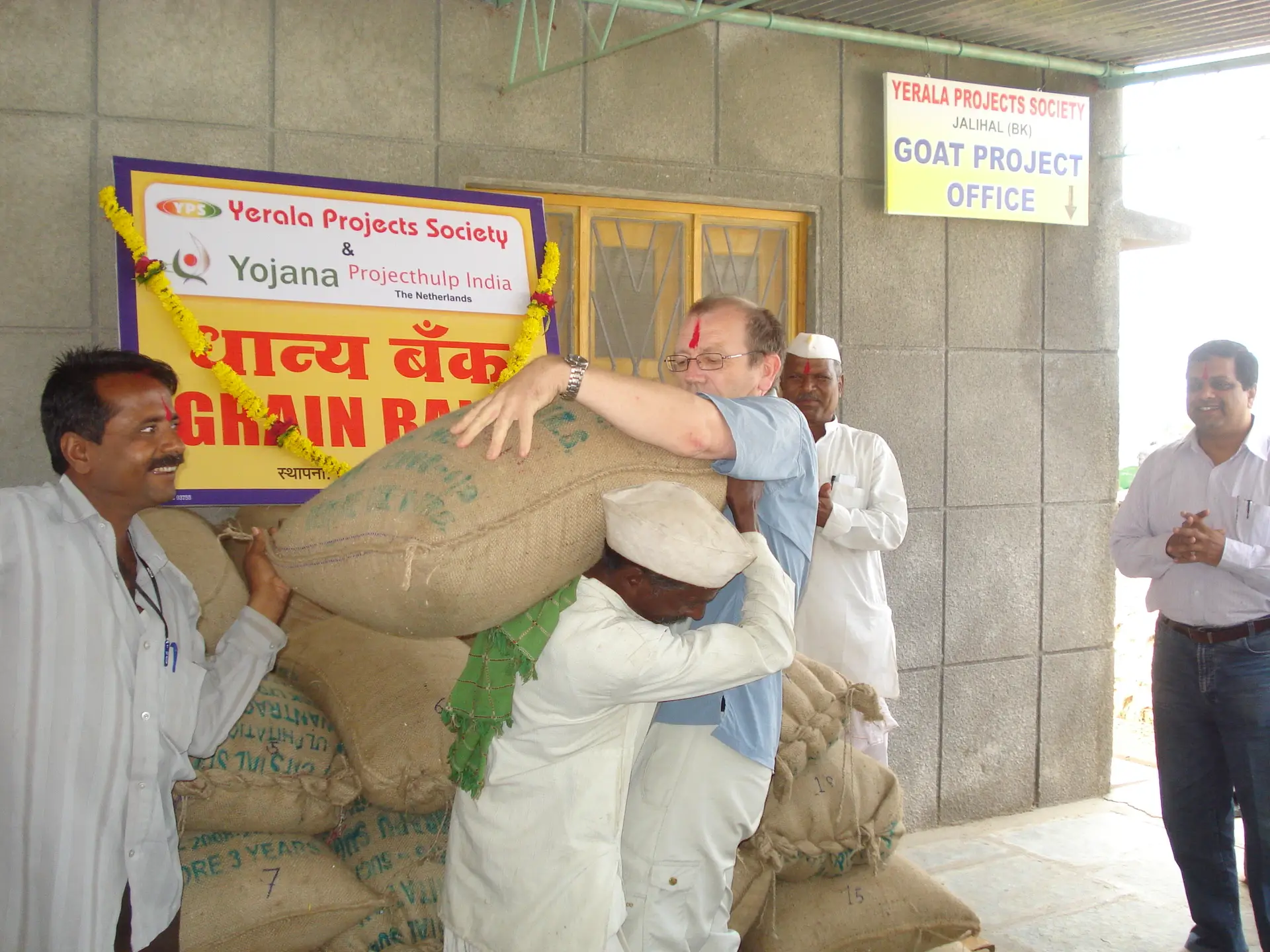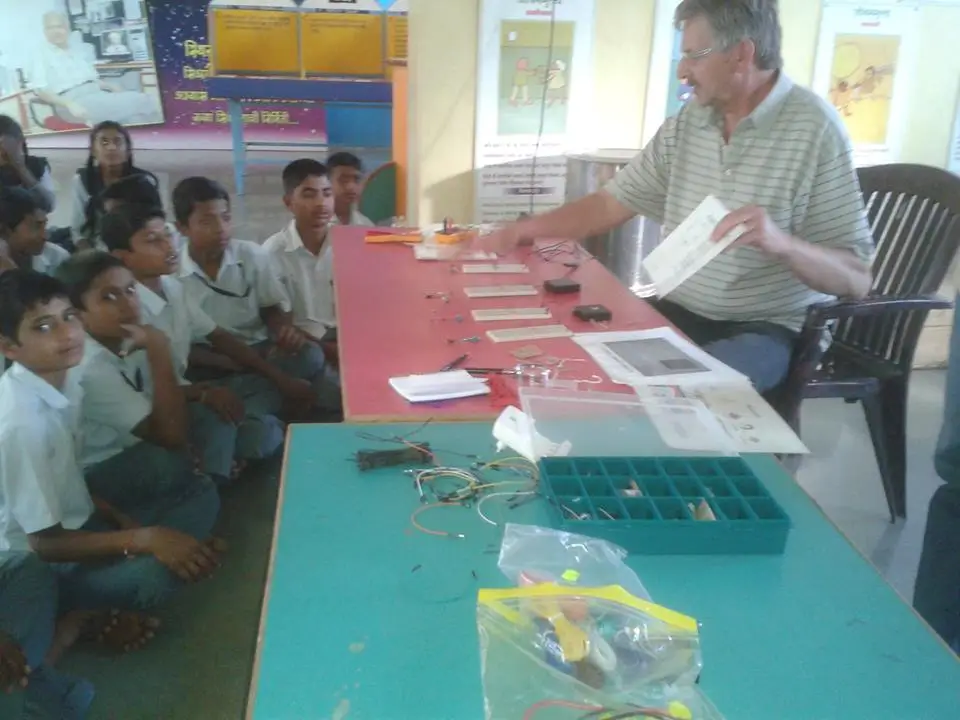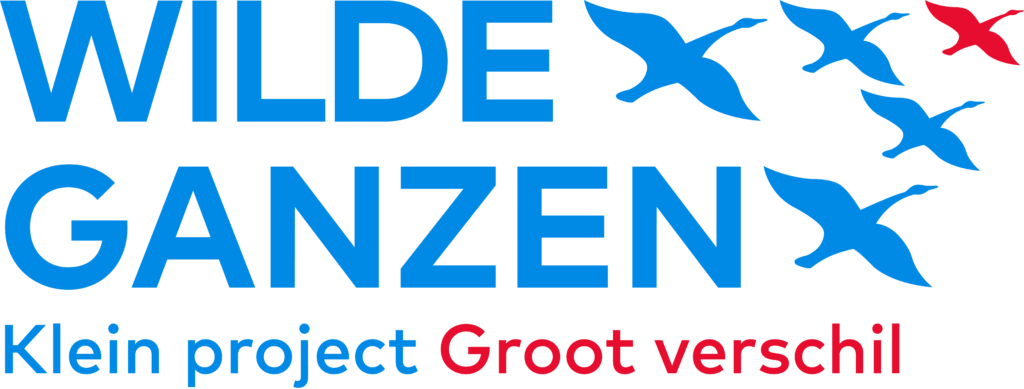"Be The Change You want to see in the World"
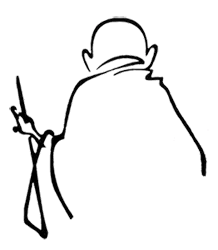
About the Organization
The seed of the organisation was sown in 1972, the year when western Maharashtra region was facing sever drought. A team of volunteers from Sangli joined the villagers to take up drought relief work. With the help of a donor agency, this group made sincere efforts to help the affected families. The relief work continued for 3 years. As the conditions improved, the relief operation was phased out. In this process the implementing group gained confidence that they together can take up constructive work to improve the condition of the poor and needy villagers. After assessing own potential, the group decided to begin developmental work. The organisation was formally registered in 1976.
MISSION
The organization thrives to support deprived families to satisfy their basic needs, to build self sustaining community and to bring all underdeveloped elements of the community in the main stream of development
PRIORITIES
The organization envisioned the development of under privileged sections of society by keeping their culture, wisdom, self-esteem and self-respect in tact.
APPROACH
The organization sees rural development as a complex activity requiring an open-minded attitude, multiplicity of objectives and a mix of interventions. It believes that rural poverty in India is the consequence of a cluster of causes-ecological, economic, social and political
Project Areas
KAmalapur
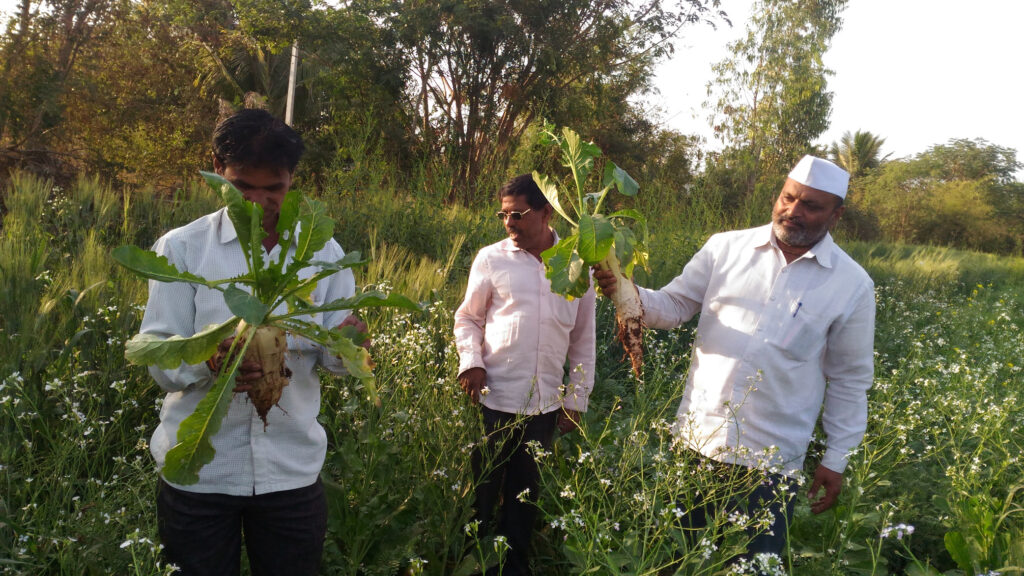
The Organization started its work in this area of 32 villages in 1976. YPS developed drought mitigation mechanism by implementing various people centric projects in this area
After successfully implementing around 36 projects. Around the year 1995, Government irrigation projects like Takari & Aarphal became operational which made enough water available to all the farmers round the year in the area.
Now, the organization has set up demonstrations for Organic farming, Natural farming and Chemical free farming in 25 acres of land.
JALIHAL
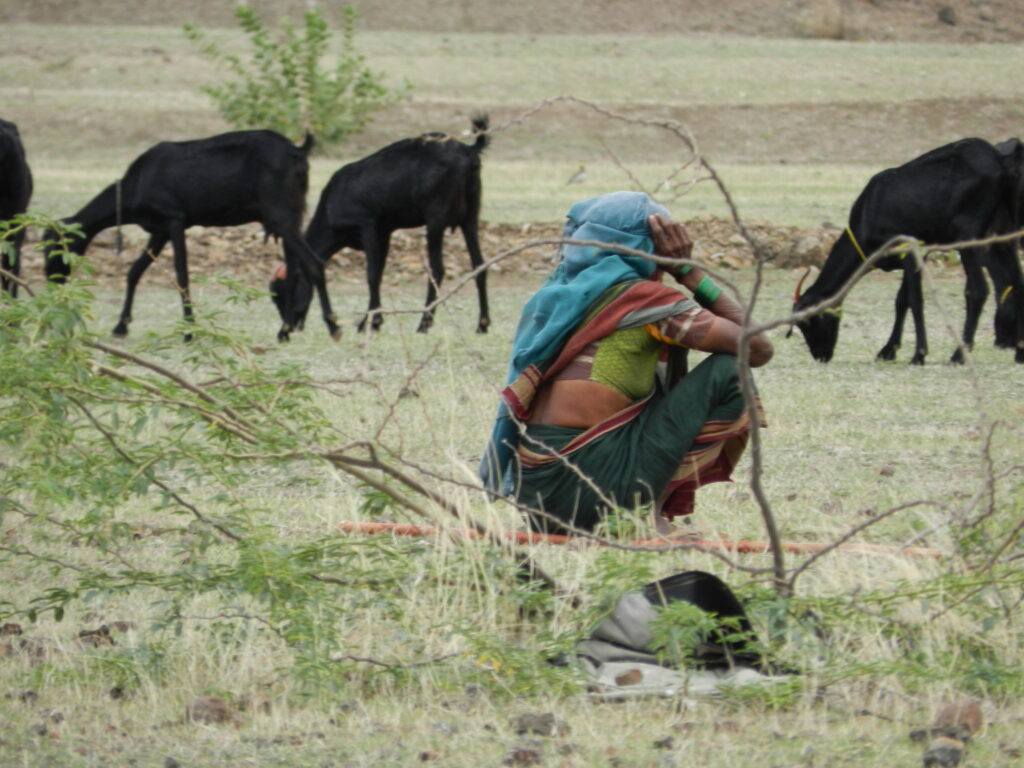
Jalihal is one among several villages situated in the extreme eastern corner of the Sangli district of Maharashtra state, bordering the state of Karnataka.
Nearly forty five thousand people live in the villages surrounding Jalihal an arid, forsaken corner of rural Maharashtra. Though the area is only about 145 km from the district headquarters the region is, politically distanced from the decision-makers and being at the state border has only added to its woes.
The result has been that of negligence and desolation, leaving the poverty-ridden people to face a bleak future! The area is not within the mainstream development process and hence has clear characteristics of an area alienated from the political and development process.
Chandoli
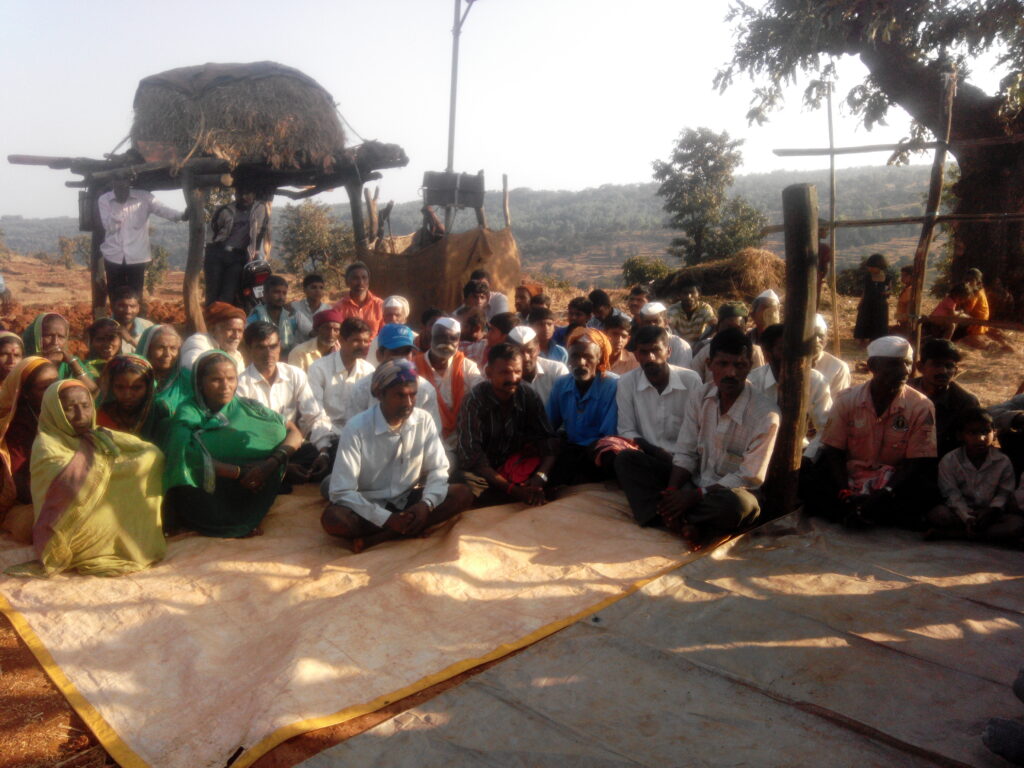
On the common border of Sangli- Kolhapur- Ratnagiri district, there are around 110 small hamlets where shepherd community family resides. This area mainly falls under Chandoli reserved forest. This area is 850 meters above sea level. Each hamlet has 20 odd houses. The area receives about 1800 average rain fall every year.
As these hamlets are situated at the hill tops, during the rainy season they get cut off from the outside World for 4-5 months a year. During the rainy season, all the activities come to grinding halt! People live their just to survive. Children can’t attend the school, elders stay at home consuming the stored food grains.
The main income source for these families is from selling the fire wood which they collect from the forest carried out by women. Few of the families have small land holdings 0.5 acres to 2 acres. During the monsoon, they grow paddy and use for their family consumption around the year. Though these families belong to shepherd community they are not involved in sheep rearing.
Sangli (CSR)
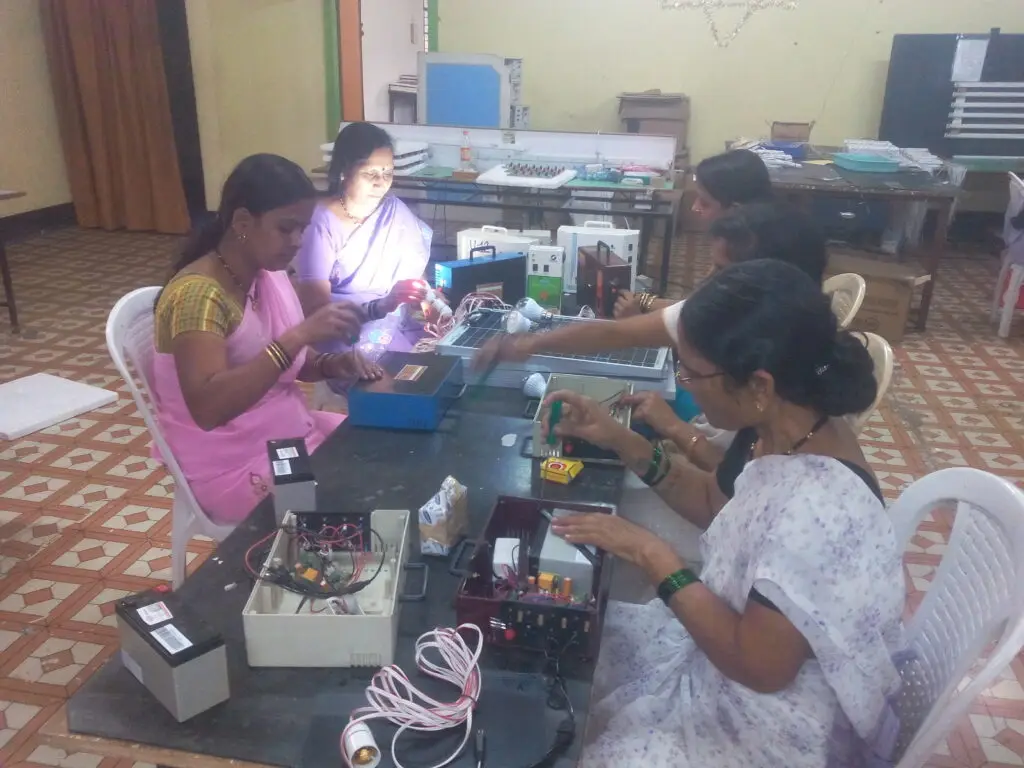
Vestas Project: The project covers 2 villages from Karad district and 5 villages from Shriala block Sangli district. Through this project 6 checkup camps for animals, 6 health checkup camps have been conducted. 6 Village development
committees have formed and regular meetings carried out. A school
have facilitated with a compound wall.
Jivika Project:
The project covers 8 villages in Jath block of Sangli district. 25 SHGs
formed, PRA have completed in 8 villages, 20 SHGs have under gone
through training of cash book & accounting.
Our Team
YPS started with a supervisor and four workers in 1978. In 81- 82 it had 11 members out of whom two were women. In 85-86 there were 29 persons working for the YPS with two qualified social workers, a dairy technician, a qualified accountant and trained workers in agriculture and kindergartens.
Today YPS is an organisation with 4 tier profession management. Now around 70 professionals, experts, volunteers are involved in YPS operations. Management team members consists of doctors, engineers, MSWs, agriculture graduates, diploma holders in horticulture, live stock supervisors, and experts from marketing, accounts and administration fields.
MANAGEMENT
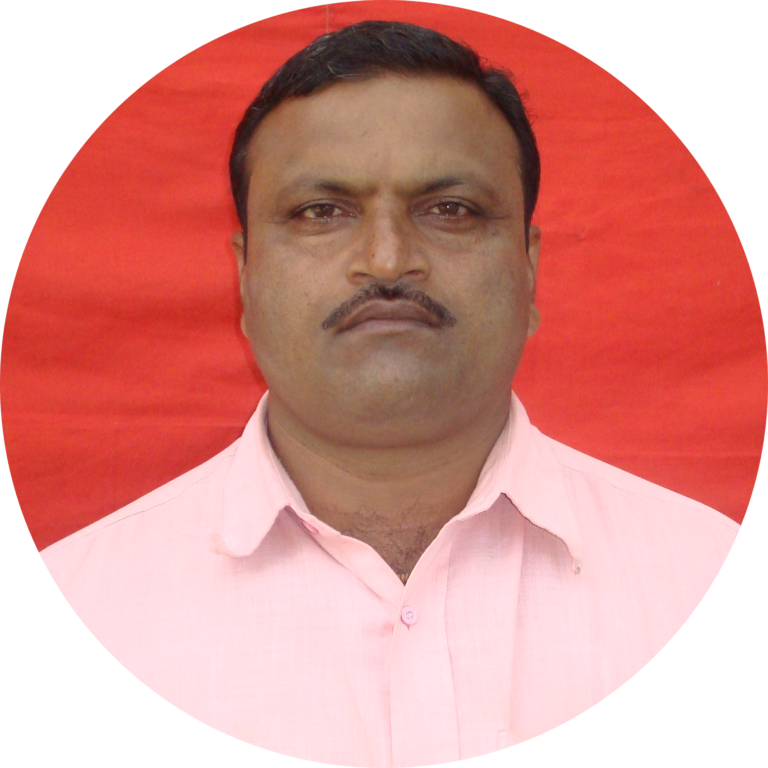
Namdev Patil
President
Heads the Unit at Kumlapur to promote organic farming

Narayan Deshpande
Executive Director
Looks after the day today working of the organization
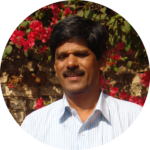
Shreepal Saptasagar
Director of CSR
Majorly looks into Corporate Social Responsibility
HEAD QUARTER TEAM

MIlind kulkarni
CFO (Chief Financial Officer)
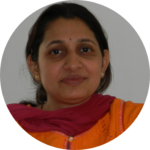
Anuradha Kunte
Resource Manager
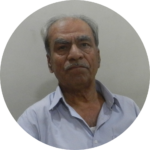
Arun Khandagle
Manager (Administration)
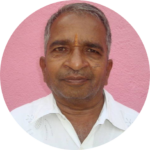
Mukund Veralapurkar
Executive Director
HEADS OF DEPARTMENTS
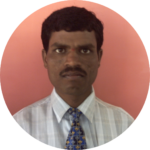
Vitthal Jamkhandi
Head agricultural farm
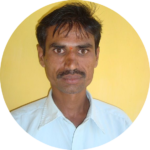
Appaso Birajdar
Administration and Credit Co-op
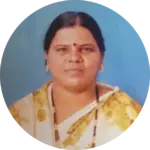
Sujata Kamble
Head of Women Projects

Sambhaji Sawant
Head Master Scope
Involvement
Our Partners
All the projects at YPS are designed according to the needs of the target groups. The organization’s partners personally visit the project area, the villages and the families to understand their needs. The partners do study the possible solutions and support accordingly. These partners connect the organization to various International Agricultural Research Universities , Business houses, International consulting organizations and various donor groups to find the holistic solution to the problems. All the partners and their representatives visit the project area at least once a year to keep the understand the project better and to get the feel for it
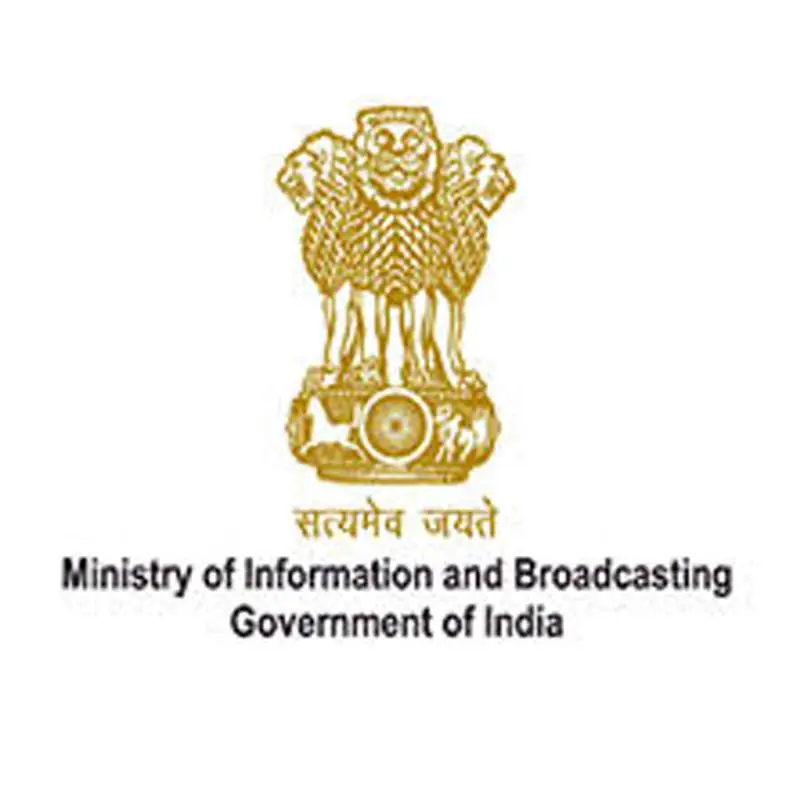


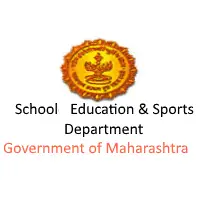
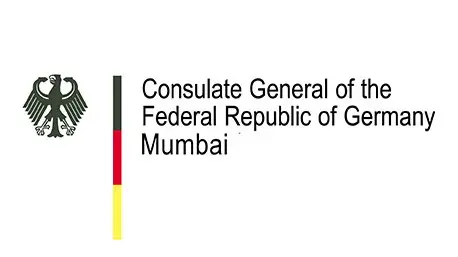
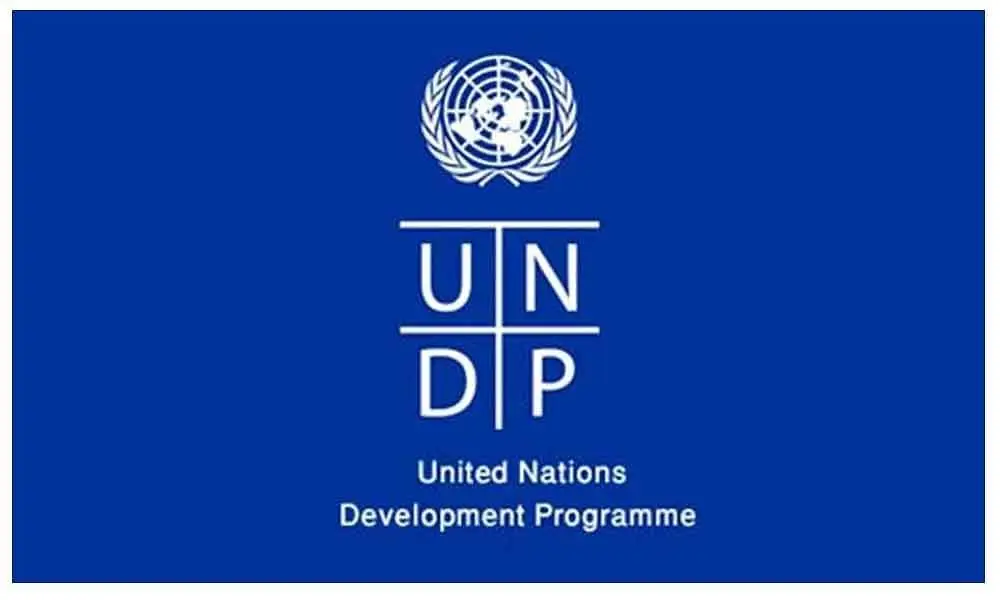
- (+91) 0233 2671318
- yeralaprojects@gmail.com
- Yerala Bhavan, Miraj Road Guest House, Vishrambag Sangli - Maharashtra India. 416 415
